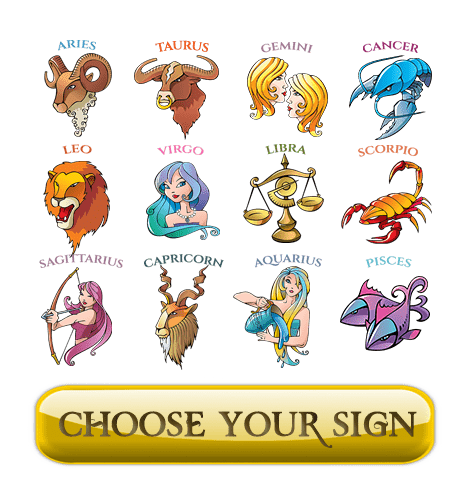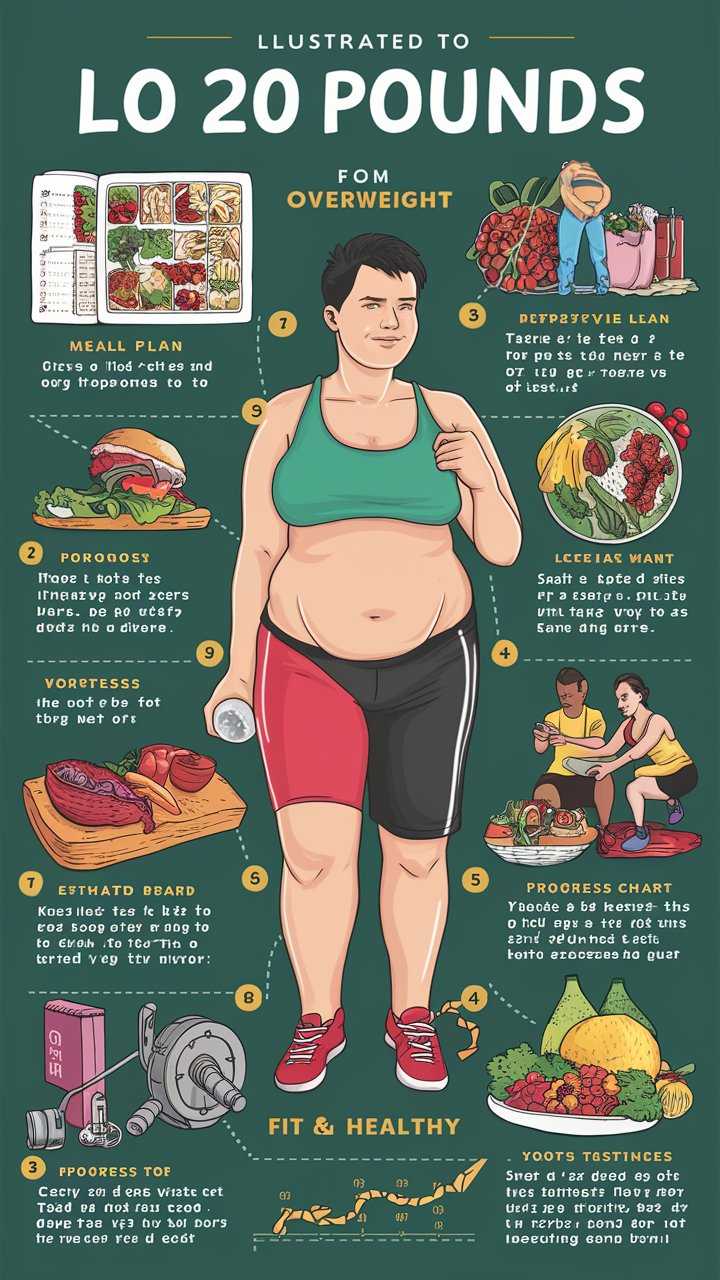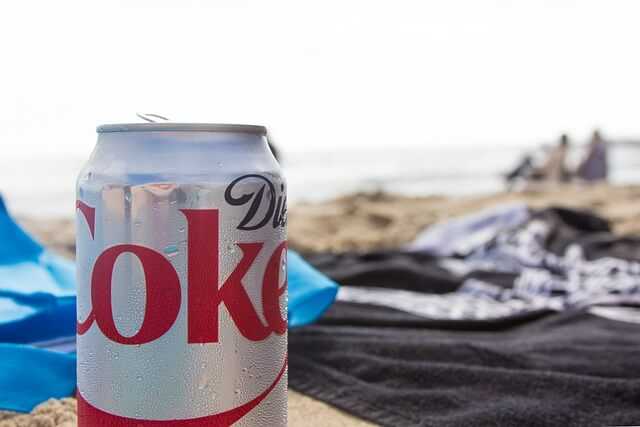Lose 30 Pounds in 30 Days: Your Ultimate Guide
Discover how to lose 30 pounds in 30 days with our comprehensive guide. Learn effective strategies, diet plans, and exercises for rapid weight loss and body transformation.
Get ready to reach your weight loss goals with our detailed plan. This plan aims to help you lose 30 pounds in 30 days. It uses a mix of a calorie deficit, eating nutrient-rich “raw” foods, hormone balance, and high-intensity exercise. This approach will change your body from the inside out.
If you’re starting your weight loss journey or need to break through a plateau, this 30-day diet plan is for you. It offers expert advice, real success stories, and clear steps to follow. You’ll learn how to cultivate a fat-burning mindset, maintain a calorie deficit, and boost your body for quick weight loss and a full body transformation. Get set to see the impact of commitment, discipline, and a tested plan that promises to help you lose 30 pounds in 30 days.
Key Takeaways
- Adopt a positive mindset and develop habits for sustainable weight loss
- Implement a strategic calorie deficit to burn fat and achieve your goals
- Incorporate nutrient-dense raw foods to support your body’s natural detoxification
- Optimize your hormone health to unlock your body’s fat-burning potential
- Combine a balanced meal plan with regular exercise and hydration for maximum results
Change Your Mindset for Successful Weight Loss
Losing 30 pounds in 30 days is tough, but it’s doable with the right mindset. Zara Kai, a weight loss influencer, says it’s key to drop “thick girl habits” and be the person you want to be. Tara Collingwood, a registered dietitian, also believes focusing on how you want to feel is vital. With a positive mindset and consistency, you can change your body and life.
Adopt a Positive Mindset and Drop Old Habits
Starting with a positive mindset is crucial for losing weight. Positive mindset helps you drop pounds and keep up a healthy lifestyle. Identify bad habits like emotional eating or skipping workouts and drop bad habits. Then, replace them with routines that help you meet your weight loss goals.
Visualize Your Desired Body and Become That Person
Visualization is a strong tool for reaching your weight loss goals. Visualizing weight loss and adopting a new lifestyle keeps you motivated and committed. Picture how you’ll feel and how your life will improve at your goal weight. Be that person and act accordingly.
“Think about how you want to feel, not just how you want to look. That’s the key to lasting weight loss success.” – Tara Collingwood, Registered Dietitian
The journey to weight loss is about more than just physical changes. It’s about mental and emotional shifts too. By having a positive mindset, dropping bad habits, and visualizing your desired body, you’re on your way to losing 30 pounds in 30 days. You’ll also be embracing a new lifestyle that supports your health and wellness goals.
Maintain a Calorie Deficit
To lose weight, you need to keep a calorie deficit. This means eating fewer calories than you burn. It helps your body use fat for energy, leading to slow but steady weight loss. But, be careful not to cut calories too much, as it can harm your metabolism and make losing weight harder in the long run.
Calculate Your Caloric Needs for Weight Loss
First, figure out how many calories you need daily. Websites like LifeSum can help by considering your height, weight, age, and how active you are. Knowing your calorie needs lets you plan to eat fewer calories and create a deficit.
Create a Sustainable Calorie Deficit
Don’t cut calories too much, warns dietitian Tara Collingwood. It can slow down your metabolism and lead to a weight loss plateau. Instead, aim for a calorie deficit of 500-1,000 calories a day. This can help you lose 1-2 pounds a week in a healthy way.
Also, watch how active you are. Exercise can burn extra calories and help with weight loss. The goal is to find a balance that fits your life and keeps your calorie deficit doable.
“The key to successful and sustainable weight loss is to create a moderate, consistent calorie deficit through a combination of reduced caloric intake and increased physical activity.”
| Calorie Deficit Strategies | Pros | Cons |
|---|---|---|
| Reduce caloric intake by 500-1,000 calories per day | Promotes gradual, sustainable weight loss | May require significant lifestyle changes |
| Increase physical activity to burn more calories | Boosts metabolism and overall health | Requires time and discipline to maintain |
| Combine calorie reduction and increased activity | Balanced approach for optimal results | Requires commitment to both diet and exercise |
Incorporate Nutritious Raw Foods
Adding raw, uncooked foods to your diet can really help with weight loss. These foods are full of nutrients and can give you the energy you need. They also help your digestive health without overloading it.
Fresh fruits, veggies, nuts, and seeds are great examples of raw foods. They’re full of vitamins, minerals, and enzymes that help with weight loss. These foods keep more of their nutrients because they’re not cooked, making them perfect for a nutrient-dense diet.
- Add crisp veggies like spinach, kale, carrots, and bell peppers to your meals.
- Snack on raw nuts and seeds for healthy fats, protein, and fiber.
- Enjoy fresh fruits like berries, citrus, and melons for their low calories and antioxidants.
By eating more raw foods, you’ll help your weight loss efforts and feed your body well. Choose whole foods for a big health boost. They’re great for your health and well-being.
“Eating a diet rich in raw, unprocessed foods can have a profound impact on your health and weight loss journey. The natural enzymes and nutrients in these foods make them an excellent choice for fueling your body during this transformative process.”
Eat When Physically Hungry, Not Emotionally

Successful weight loss isn’t just about cutting calories or sticking to a strict diet. It’s also about building a healthy relationship with food and listening to your body. Emotional eating, eating because of negative feelings or stress, can stop weight loss.
To reach your weight loss goals, it’s key to know the difference between physical hunger and emotional cravings. Physical hunger is a real need for food, shown by feelings like an empty stomach or low energy. Emotional hunger is eating because of feelings like boredom or stress, not true hunger.
- Learn to tell apart physical and emotional hunger. Physical hunger grows slowly, but emotional hunger can hit suddenly and strongly.
- Try mindful eating, enjoying your food and paying attention to when you feel full. This can prevent overeating and help with appetite regulation.
- Use other ways to deal with stress and bad feelings, like exercise, meditation, or talking to a friend, instead of eating.
Eating when you’re truly hungry, not just because you’re upset, can lead to a lasting weight loss plan. It also helps you have a better relationship with food. This way, you can meet your weight loss goals and feel better overall.
“Emotional eating is the practice of consuming large quantities of food – usually comfort or junk foods – in response to feelings instead of actual physical hunger.” – Explore Psychology
Evaluate Your Hormone Health
Trying to lose weight can be tough, and many hit roadblocks. Hormonal imbalances are often a hidden issue that affects weight loss. It’s key to understand how hormones impact weight loss for those finding it hard.
Hormonal Imbalances Can Hinder Weight Loss
Hormones control our metabolism, hunger, and energy, which are key for losing weight. If hormones are not in balance, it can make losing weight tough. Common hormonal issues that can slow down weight loss include:
- Thyroid dysfunction: A thyroid that’s too active or too slow can mess with your metabolism, making weight loss hard.
- Insulin resistance: High insulin levels can cause fat storage and make it hard to burn fat for energy.
- Estrogen dominance: Too much estrogen and not enough progesterone can lead to weight gain, especially around the belly.
- Cortisol imbalance: Stress can raise cortisol levels, which can mess with your metabolism and cause weight gain.
If you’ve tried many weight loss methods but aren’t seeing progress, check your hormone levels. A doctor or a dietitian can help find any hormonal imbalances and create a plan to fix them.
“Addressing hormonal imbalances is crucial for achieving lasting weight loss. By taking a holistic approach and working with a healthcare professional, you can uncover the root causes of your weight loss obstacles and develop a tailored plan to overcome them.”
Detox and Reset Your Body
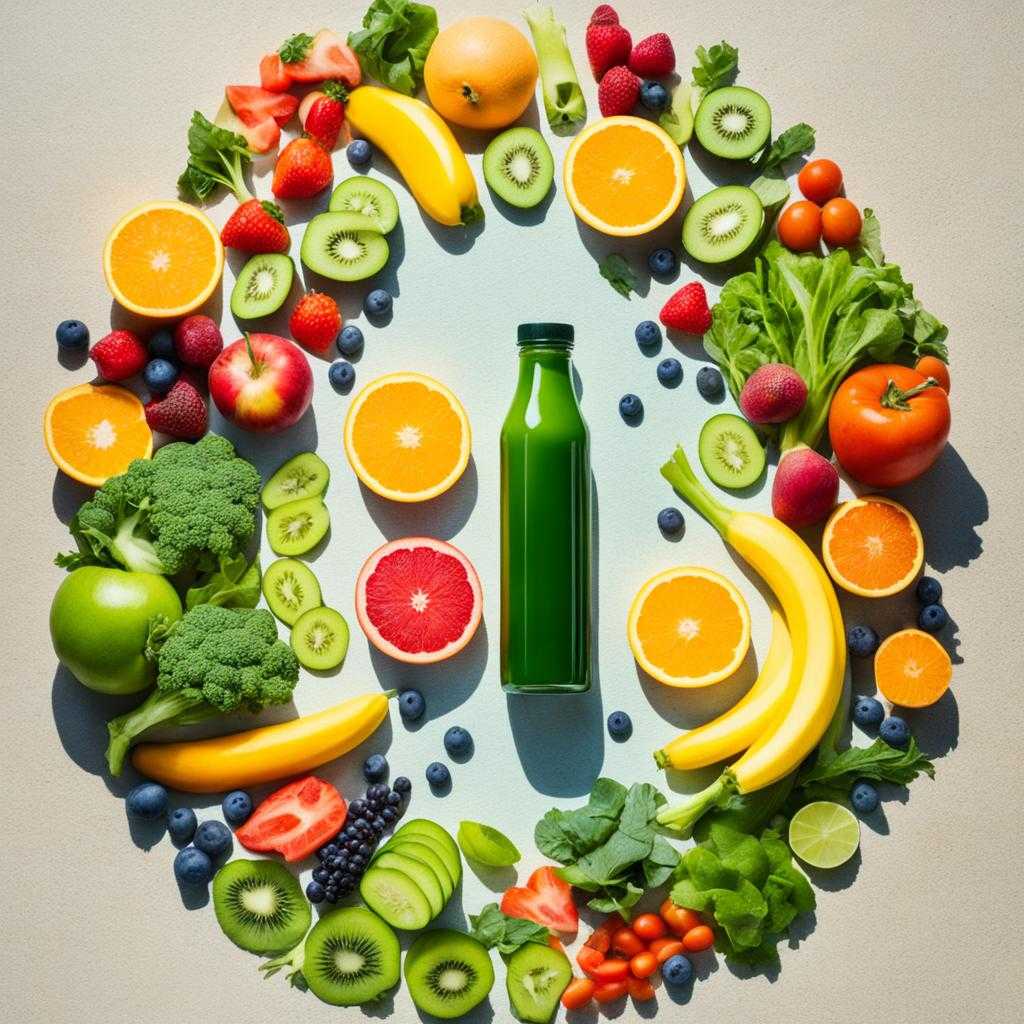
Before starting your weight loss journey, it’s key to get your body ready. Zara, a certified nutritionist, suggests a “reset” or detox to clear out waste and toxins. This step is vital for successful and lasting weight loss.
Remove Waste and Toxins Before Calorie Cutting
Our bodies face many pollutants, chemicals, and toxins daily from the environment, food, and our metabolism. These substances build up, making it hard for our bodies to naturally detoxify. This can lead to weight gain, tiredness, and health problems.
By eating whole, nutrient-rich foods, you help your body get rid of these harmful substances. This makes a clean start for body detox and losing weight.
Avoid Detox Pills and Fasting, Focus on Whole Foods
Tara Collingwood, a registered dietitian, warns against detox pills or extreme fasting. “These can upset your body’s balance and cause nutrient shortages,” she says. “Choose whole foods that help your body remove toxins instead.”
Eating foods high in fiber, antioxidants, and nutrients helps cleanse your body slowly but surely. This sets the stage for lasting weight loss and better health.
“Avoid detox pills and fasting – focus on whole, nutrient-dense foods to support your body’s natural detoxification processes.”
A thorough body detox isn’t a quick solution. It’s a key step towards lasting weight loss and better health. By resetting and feeding your body well, you’re on the right path to reaching your goals.
Design a Balanced and Nutritious Meal Plan
For sustainable weight loss, focus on a balanced and nutritious meal plan. Include whole, unprocessed foods like fruits, vegetables, whole grains, lean proteins, and healthy fats. This mix supports your weight loss and gives your body the nutrients it needs.
When planning your meals, think about the macronutrient balance. Aim for a diet with the right mix of carbohydrates, proteins, and fats. This balance keeps you full, maintains energy, and helps with muscle preservation during weight loss.
| Macronutrient | Recommended Intake | Benefits |
|---|---|---|
| Carbohydrates | 40-50% of total calories | Provide energy, support brain function, and promote healthy digestion. |
| Proteins | 20-30% of total calories | Help preserve and build muscle, keep you feeling full, and support metabolism. |
| Fats | 20-30% of total calories | Support hormone production, brain health, and nutrient absorption. |
Here are some tips for a balanced and nutritious meal plan:
- Fill half your plate with colorful fruits and vegetables.
- Add a lean protein source like chicken, fish, tofu, or legumes to each meal.
- Choose whole grains over refined carbs, such as brown rice, quinoa, or whole wheat bread.
- Use healthy fats from avocado, nuts, seeds, and olive oil.
- Drink plenty of water throughout the day.
Creating a balanced and nutritious meal plan helps with weight loss and keeps your body healthy. Remember, being consistent and mindful is key for long-term weight management.
“Eating a balanced, nutritious diet is not just about weight loss; it’s about nourishing your body and supporting your overall health.” – Registered Dietitian, Jane Doe
Add Protein to Your Diet for Satiety
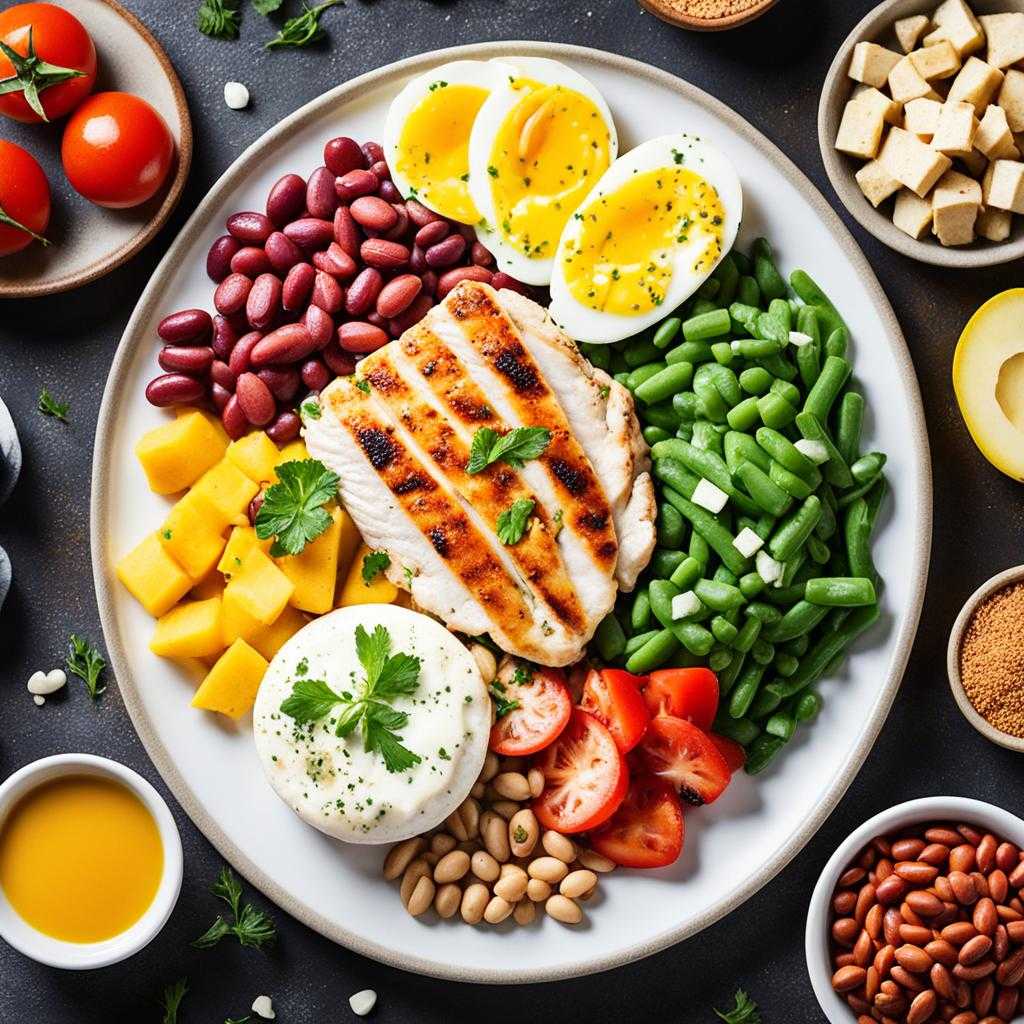
Adding a high-protein diet to your weight loss plan can change the game. Protein makes you feel full for a longer time. It also helps keep your muscle mass while you lose weight. By adding lean protein to your meals, you can control your hunger and keep your metabolism healthy.
A protein-rich diet for weight loss helps control your hunger. Protein takes longer to digest, so it keeps you feeling full. This helps you avoid snacking or eating too much. It’s great for losing weight in a healthy way.
Also, getting enough protein helps keep your muscle mass while losing weight. Muscle is key for your metabolism. Keeping your muscle means your metabolism stays strong. This makes it easier to keep burning calories and losing weight.
| Protein Source | Protein Content (per 100g) |
|---|---|
| Chicken Breast | 31g |
| Salmon | 25g |
| Lentils | 9g |
| Eggs | 13g |
To get the most from a high-protein diet for weight loss, eat a mix of lean proteins. Include chicken, fish, beans, and eggs in your meals. These foods give you lots of protein and important vitamins and minerals for your health.
“Protein is the key to feeling full and satisfied, which can help you stick to your weight loss goals.”
Putting protein first in your diet helps you reach your weight loss goals. It keeps your muscle mass and controls your hunger. Protein is a powerful tool in your journey to a healthier, fitter you.
lose 30 pounds in 30 days with Exercise and Hydration
Want to lose 30 pounds in 30 days? It’s all about exercise and staying hydrated. These two are key to reaching your goal. By burning calories through exercise and drinking enough water, you’ll increase your chances of success.
Incorporate Regular Exercise for Calorie Burning
Regular exercise is vital for losing weight. Try to do at least 30 minutes of moderate to high-intensity exercise every day. This can be brisk walking, jogging, or lifting weights. These calorie-burning activities help you burn more calories and speed up your weight loss.
For the best results, mix up your workouts. Try high-intensity workouts like interval training or HIIT. Adding variety keeps your body challenged and prevents boredom. This way, you’ll keep pushing yourself to new heights.
Stay Hydrated to Support Weight Loss
Don’t forget the importance of hydration for weight loss. Drink at least 6-8 glasses of water daily. Staying hydrated helps control your hunger, supports your body’s functions, and can even boost your metabolism.
But water isn’t the only way to stay hydrated. Add fruits and veggies to your meals for extra nutrients and fiber. These foods help with your health and weight loss goals.
“Consistent exercise and proper hydration are two pillars of sustainable weight loss. By incorporating these habits into your lifestyle, you can unlock the path to shedding 30 pounds in just 30 days.”
Conclusion
This guide has shown you how to lose 30 pounds in 30 days safely and effectively. By changing your mindset and eating fewer calories, adding nutritious raw foods, managing your hormones, and staying active and hydrated, you can meet your weight loss goals. This will help you change your body.
Remember, being consistent and patient is important for rapid weight loss. It takes big lifestyle changes. With hard work and the right strategies, you can start a successful 30-day weight loss journey. This journey can lead to a healthier, more confident you. It also sets the stage for sustainable weight management later on.
Start making the changes you need to reach your weight goal today. Your journey to a healthier, fitter life starts now.

